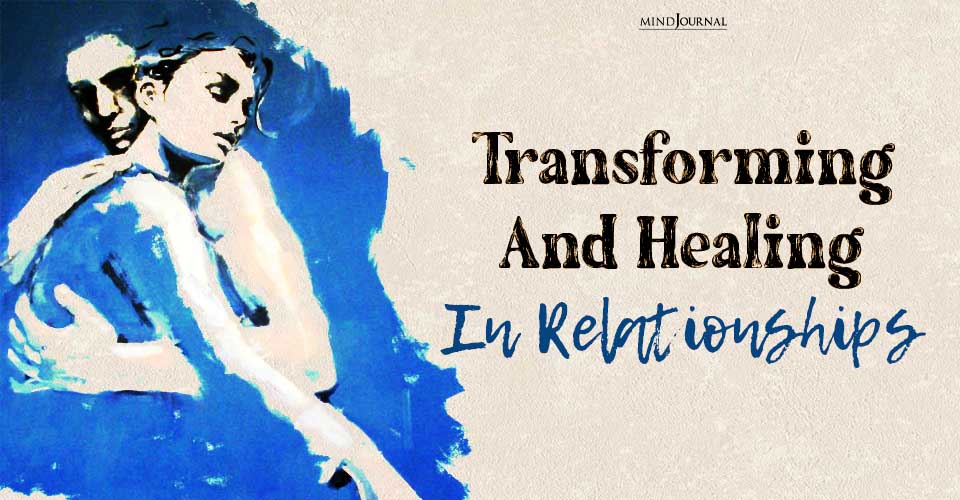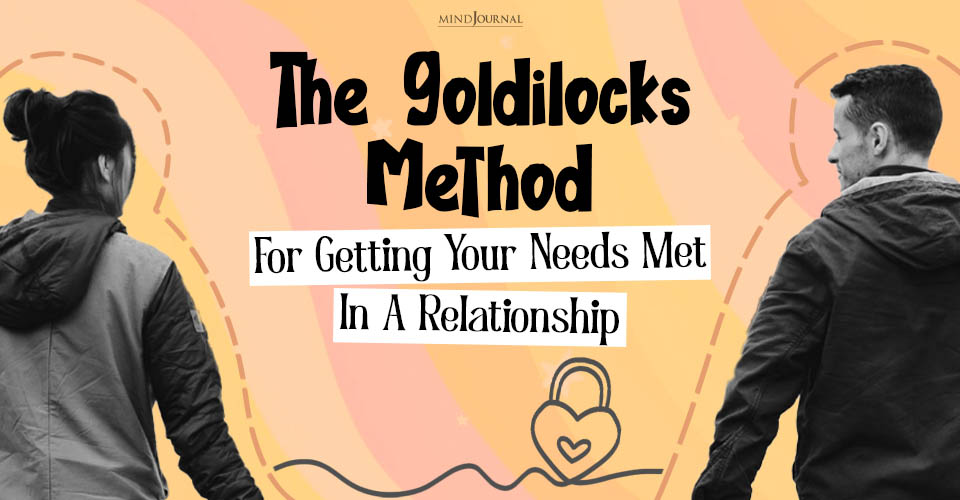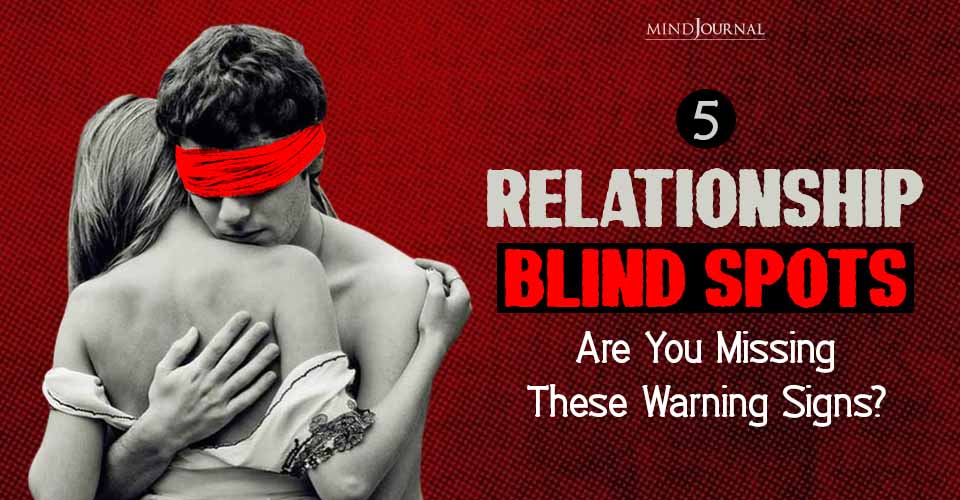What if I told you that behind the laughter at a casual gathering, there lies a subtle undercurrent of discontentment, a shared sentiment that many can relate to but few openly acknowledge? Have you ever wondered why jokes about marriage being a life sentence draw chuckles instead of gasps? Or why no one is surprised when a friend introduces their partner as “my current husband” rather than simply “my husband”? These seemingly innocuous moments reveal a phenomenon deeply ingrained in our societal fabric, one that writer Asa Seresin termed “heteropessimism” in a 2019 article for The New Inquiry.
But what exactly is heteropessimism, and how does it affect us? Join me as we delve into the complexities of this concept, exploring its signs, causes, and implications in contemporary relationships.
So what is heteropessimism?
According to Ana Seresin, heteropessimism “consists of performative disaffiliations with heterosexuality, usually expressed in the form of regret, embarrassment, or hopelessness about straight experience.”
Casey Tanner, a certified sex therapist and Lelo expert, talks about how negativity towards being straight can show up in various ways. It’s not just about feeling embarrassed by your partner or being ashamed of your straightness. You might see it in memes poking fun at traditional gender roles or in catchy slogans like “heterosexuality is a prison” or the ever-charming “men are trash.”
Basically, this term “heteropessimism” is all about having some serious negative feelings about being straight and the whole dating scene that comes with it. It’s really striking a chord with a lot of women, who are just fed up with how tough it can be to find a real, lasting connection. But hey, it’s not just the ladies. Even men can experience heteropessimism, with some diving into the deep end with incel culture, which, let’s be real, can get pretty scary.
Signs you’re a heteropessimist
Now that you are aware what heteropessimism is, it is time to check if you are victim of the term. Here are some signs for you to identity whether you are a heteropessimist:
1. You think all men are trash
Sure, it’s a phrase that gets thrown around, sometimes in jest, sometimes in dead seriousness. But if you find yourself wholeheartedly subscribing to it, like, all the time, it might be a sign you’ve got a bit of heteropessimism going on. I mean, it’s one thing to recognize the flaws in individuals, that’s human nature, but when you’re blanket-labeling an entire gender as garbage, well, that’s a whole other level.

It’s like you’re not just seeing the bad apples, you’re seeing the whole darn orchard as rotten. And while, yeah, there are some pretty rotten apples out there, it’s also worth remembering that there’s a whole lot of good ones too. So, if you’re seeing nothing but trash in the male species, it might be time to check that heteropessimism meter of yours.
2. You believe staying single is better than dating men
There’s this whole spiel about how being single is all liberating and empowering, and hey, it definitely can be. But if you’re constantly preaching the “I’d rather be single than deal with men or dating” mantra like it’s your personal gospel, well, that might just be a heteropessimism alarm going off.
I mean, sure, navigating the dating scene can feel like trying to find a needle in a haystack sometimes, and dealing with the wrong kind of dudes can be downright exhausting. But if you’re shutting the door on the idea of even trying because you’ve decided all men are just not worth the hassle, well, that’s like saying you’d rather live in a hermit hut on a deserted island than give romance a shot.
I get it, bad dates and heartbreaks suck big time, but completely writing off dating? Maybe it’s time to recalibrate that heteropessimism radar.
Read More: Why I’d Rather Be Alone Than Waste Time Dating Assholes
3. You swear off men and decide to “go gay.”
Sorry to break it to you but that is not how it works. First off, sexuality is not a choice. And while there’s absolutely nothing wrong with discovering and exploring your sexuality, if you’re making this declaration as a knee-jerk reaction to a string of bad experiences with men, well, that might be your heteropessimism talking.
Human relationships are complicated regardless of gender. Sure, men are frustrating, but so can be some women. So, think wisely before jumping to any conclusions.
4. You take an involuntary vow of celibacy.
You might believe you’re opting to stay single for the foreseeable future, but in truth, your negativity has driven away not only the bad guys but also the good ones. You don’t give anyone a chance to get close to you, so your vow of celibacy isn’t as voluntary as it seems.
Even though you might want a relationship, you find yourself avoiding romantic involvement altogether, feeling like it’s just not worth the hassle.
5. You feel disappointed in your relationships with men.
If you often find yourself feeling let down by men in your life, it could be a sign of heteropessimism. Maybe your romantic relationships haven’t lived up to your expectations, or you feel like you’re always on different pages with the men you date. It’s like there’s a constant sense of frustration or disillusionment. This disappointment can make you question whether fulfilling relationships with men are even possible.
How heteropessimism impacts relationships
1. You start holding your dates to unrealistic standards
Heteropessimism can breed a perpetual state of comparison, where your current partner is relentlessly measured against an idealized version that may not even exist. It’s like scrolling through Instagram, only instead of envying someone’s vacation photos, you’re sizing up your partner against an unrealistic standard. This constant evaluation can lead to dissatisfaction and strain in the relationship, as nobody can ever quite measure up to the perfect image in your mind.
2. You develop commitment phobia
Heteropessimism can make you end up embracing solitude because it’s better than being hurt, right? Except that is not what you really want. Love, connection, all those things are what you want. And oh! It exists! Just release your heteropessimism and hold onto it firm.

3. You don’t trust others anymore
Trust is the foundation for a healthy relationship but heteropessimism can leave one more dubious than a skyscraper. You have had your heartbroken before maybe several times and now believe that trusting people with your heart simply means you will get hurt again , so why bother trying?
Read More: 11 Reasons Why Trust Is More Important Than Love In A Relationship
4. You constantly try to undermine your chances at happiness
Heteropessimism can turn you into your own worst enemy. You start sabotaging perfectly good relationships because you’re convinced they’re doomed to fail anyway. It’s like shooting yourself in the foot before you even get a chance to dance. And spoiler alert: it’s not a great strategy for finding lasting love.
5. You end up alone
Your heteropessimistic mindset can become a self-fulfilling prophecy, causing you to sabotage potentially healthy relationships. You may find yourself nitpicking flaws or searching for reasons why the relationship won’t work out, ultimately pushing away partners who could have been a good match.
How To Change
I’m sure ending up alone is not what you or anyone would want. Humans, as social beings, we crave love and affection. So, here are a few tips to change your negative beliefs for your own betterment:
1. Reflect on Your Past Experiences
Think about your past relationships and the experiences that might have shaped your heteropessimism. Were there specific events or patterns that left you feeling disillusioned? Maybe you had a rough breakup or witnessed unhealthy relationships growing up. Understanding where these negative beliefs stem from can help you address the root cause.
2. Challenge Negative Beliefs
We all have internal narratives that guide our thoughts and actions. What are yours when it comes to relationships? Write down your negative beliefs about heterosexual relationships. They might be things like “All men are trash” or “I’ll get hurt.”
Once you have your list, challenge each belief. Is it really true? Can you think of counterexamples? For instance, you might know couples who have been happily married for decades. Remind yourself that your negative beliefs are not universal truths. Replacing them with more balanced, realistic views can help you shift your mindset.
3. Surround Yourself with Positive Examples
Look around you. Do you have friends or family members in healthy, loving heterosexual relationships? Spend more time with them. Seeing positive examples can counteract the negative images in your mind.

If your immediate circle lacks these examples, seek out stories of happy couples. Read books, watch movies, or follow social media accounts that highlight healthy relationships. This can help you believe that fulfilling relationships are possible.
4. Work on Yourself
Sometimes, our feelings about relationships are more about us than about others. Focus on becoming the best version of yourself. Engage in activities that bring you joy, work on your personal goals, and build your self-esteem.
When you feel good about yourself, you’re more likely to attract and maintain healthy relationships. Plus, self-improvement can give you the confidence to believe that you deserve a loving and supportive partner.
5. Seek Professional Help
If your heteropessimism feels deeply ingrained and is affecting your quality of life, consider talking to a therapist. A professional can help you unpack your feelings, provide you with coping strategies, and guide you toward healthier thought patterns.
Therapy is a safe space to vent or rant about your feelings without being judged. Sometimes, having an objective perspective can make all the difference in how we see our relationships and ourselves.
Final Thoughts
Changing a deeply held belief or feeling takes time, patience, and effort. Be kind to yourself throughout this process. Remember, it’s okay to have doubts and fears, but working on them is a powerful step towards a more positive and fulfilling view of relationships.










Leave a Reply